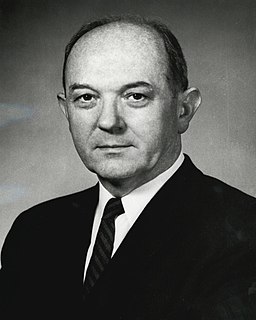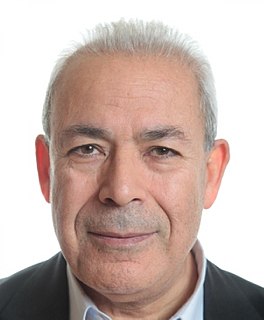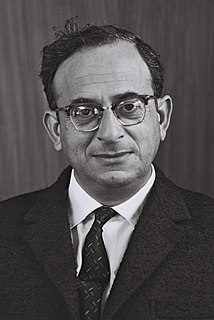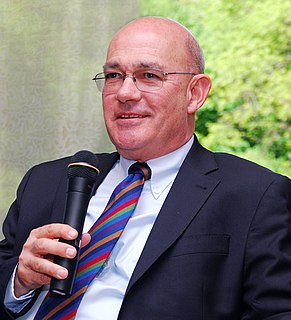A Quote by Wadah Khanfar
It is the growing periphery of the Arab world - the masses at its margins, not its feeble and decaying center - that is shaping the future of the region.
Related Quotes
If I perceive in another person mainly the surface, I perceive mainly the differences,that which separates us. If I penetrate to the core, i perceive our identity, the fact of our brotherhood. This relatedness from center to center - instead of that from periphery to periphery - is 'central relatedness'.
The individuals inside are frequently fighting that their individual voices be heard, while the walls of the place, which are the mask, and the perception, are reluctant to give over to the voices of the individuals. Those in the margins are always trying to get to the center, and those at the center, frequently in the name of tradition, are trying to keep the margins at a distance. Part of the identity of a place is the tension between those in the margins, and those in the center, and they all live behind the walls which wear the tradition.
The problem of ISIS is not recent. Ever since the Second World War, people in this region have been, and are today, living under brutal dictatorships governed by nationalistic fervor. As for the Kurdish question: nobody from the Arab world is serious about fighting ISIS. It's only the Kurdish people who are standing firm against ISIS. And I think Europe, the United States, and most other democratic countries of the world are beginning to look at the Kurds in another way. The Kurds are really becoming their partners in the region.
I don't think there is anything as powerful as an active heart. They do not fear the wisdom of emotion, but embody it. They know how to listen. They are polite when they need to be and unyielding when necessary. They remain open, even as they push boundaries and inhabit the margins, understanding eventually, the margins will move toward the center. They are tenacious, informed, patient, and impatient, at once. They do not shy away from what is difficult. They refuse to accept the unacceptable. The most effective activists I know are in love with the world.
In many parts of the world, including the Arab world, the Latin American world, and even parts of the Western world, there is a tradition of writers being quite engaged. Particularly in the Arab world you have had very, very strong traditions of literature and poetry and most of the writers have been deeply committed to the cause of the Arab nation.








































